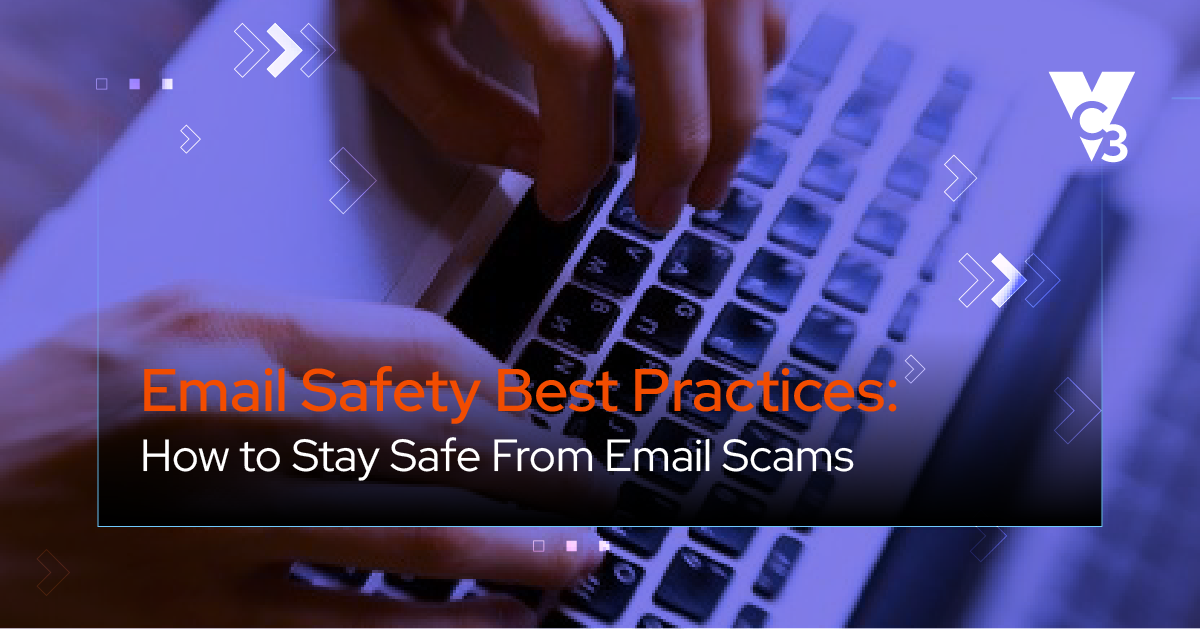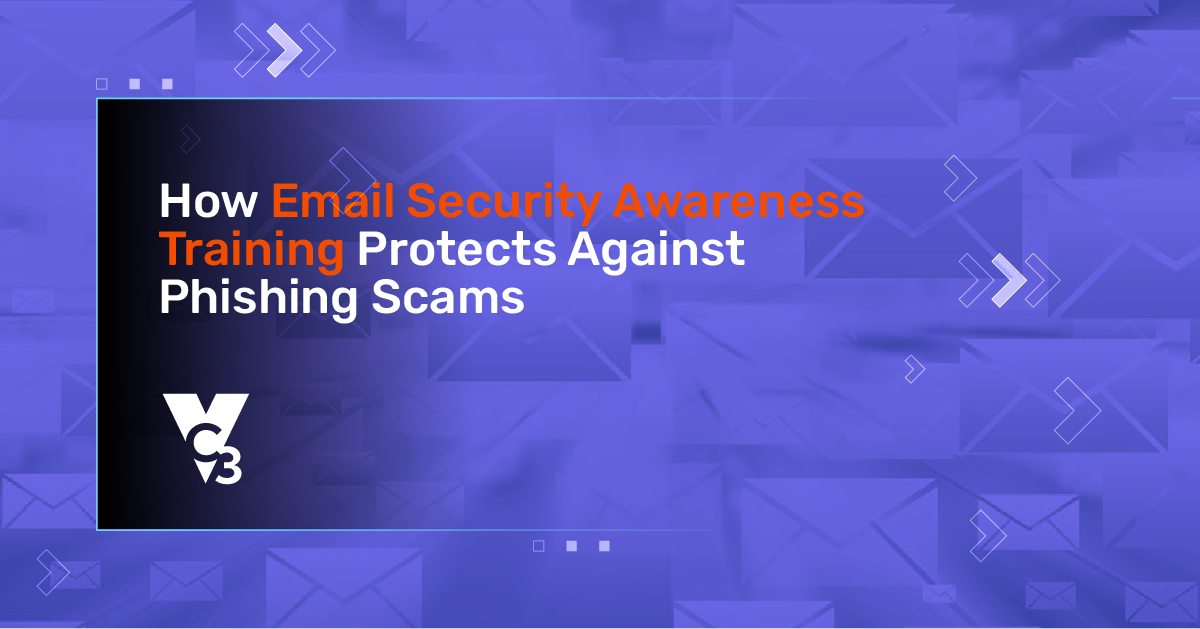Weak passwords are one of the most significant vulnerabilities for organizations of all sizes. While you can pour money into the latest cybersecurity tools, if your employees are using weak passwords, there is always going to be an open back door into your system.
In theory, we are all well aware that our passwords need to be stronger. But despite this, passwords like "password123" or "123456" are disturbingly common. There are plenty of things we can do to make our password protection more secure, like avoiding using family or pet names, not reusing passwords, and not saving your passwords on your browser. But these solutions don’t always cut it, and staff tends to do without good password hygiene more often than not.
Part of the reason for this is that we are all human, and remembering a variety of different, complex passwords is hard. It is also, if we are honest, annoying to have to change your password every couple of weeks, just when you had gotten to grips with all those symbols and capital letters.
Luckily, there are a few easy and simple techniques to help you manage your passwords which allow you to keep your system secure without having to worry about multiple hard-to-remember passwords and getting locked out of your account!
Find out how secure your
passwords are.
There are several great resources for discovering how secure your current passwords really are. Just be prepared for a shock! Our favorites are haveibeenpwnd and howsecureismypassword.
Use a password manager.
This is the best, most secure, and most convenient method of managing many different passwords over multiple sites. A password manager stores all the login information you use for all the websites you visit and encrypts this password database with one master password, the only one you have to remember. Good password managers will generate strong, secure passwords for your various logins and change them on a regular basis.
Use multi-factor authentication.
Multi-factor authentication (MFA) requires two or more different methods to confirm your identity before you can access an app or website. So even if you enter your password correctly, you will still need to input a code sent to your phone or email to be able to log in successfully. This means that even if your password is hacked, you can still be secure (as long as you haven’t lost your phone as well!).
Password protect all your devices.
While work computers and business accounts all require passwords, if all your devices are not secure, then you might have a weak link. People often save passwords on their phones, and apps sometimes don’t require security to log in after the first time, so ensure that every device you have is password protected.
Use AI.
Many organizations have moved toward using AI to increase their password security. Things like biometrics (such as facial recognition or fingerprint access) can be a great way to beef up security and avoid the complications of weak passwords all together.
Strong password security is essential to ensuring your organization is properly protected. Take a look at our suggestions above, and make sure everyone in your organization is doing their bit to keep you safe and secure from cyberattacks.





